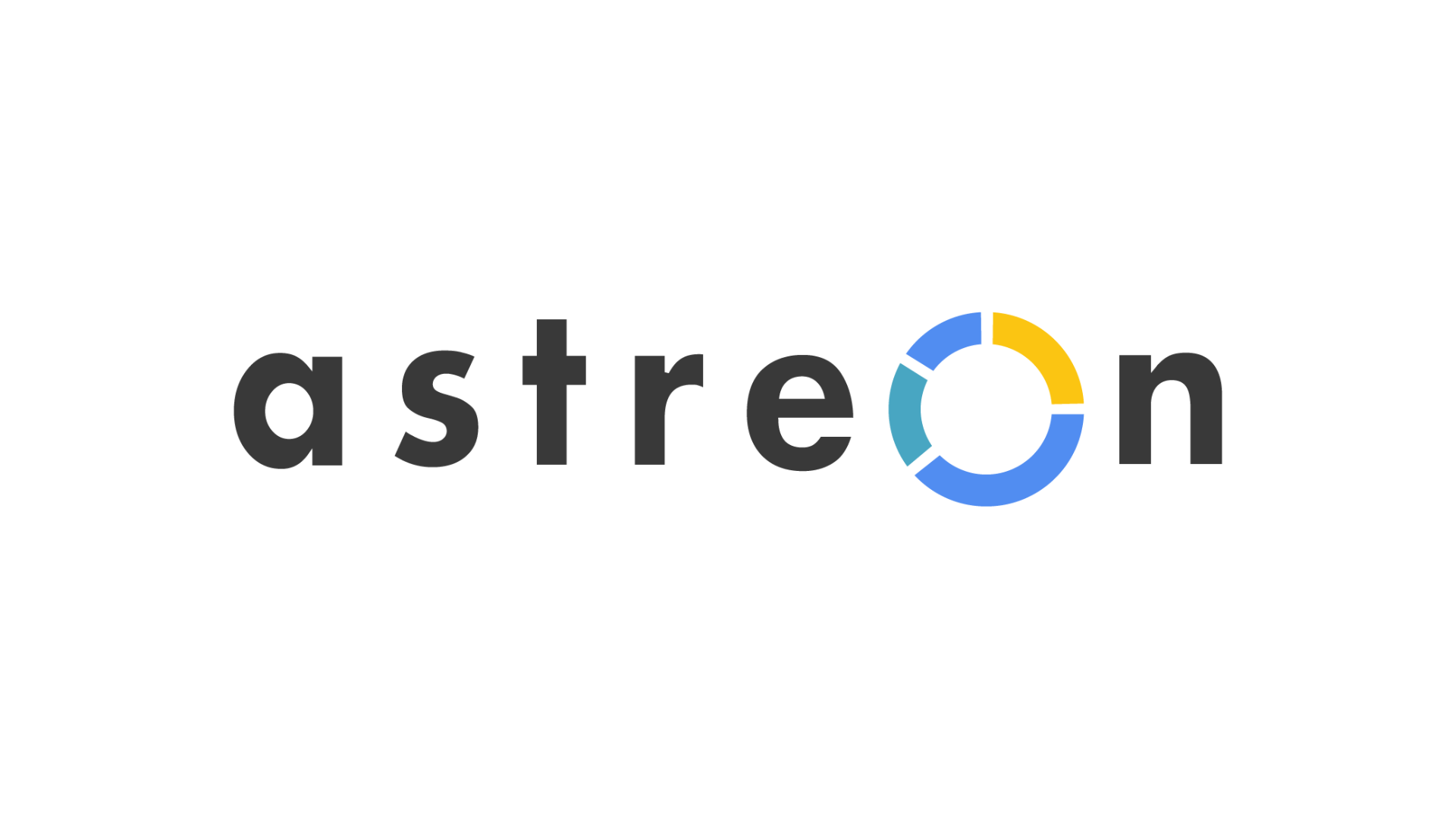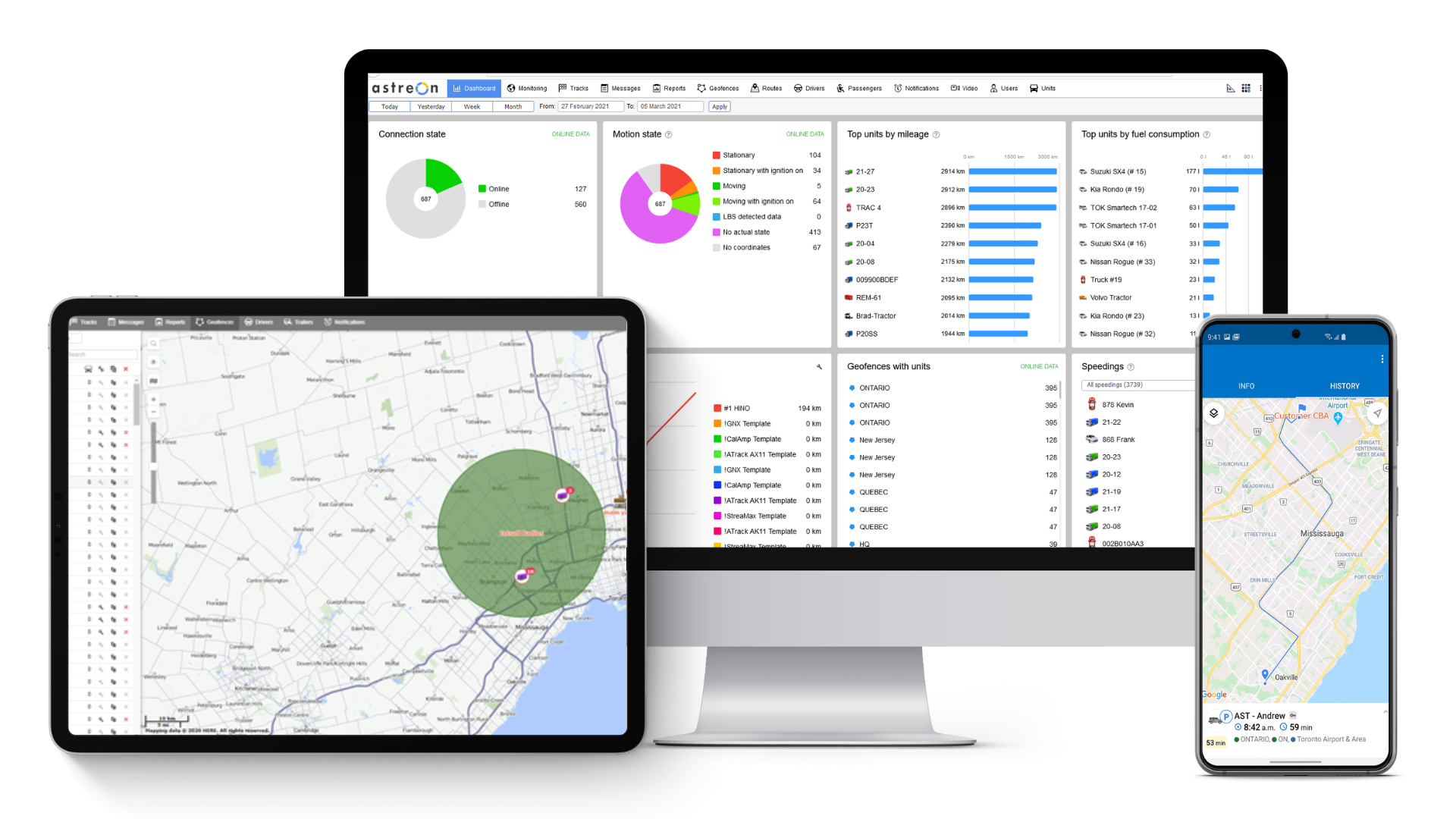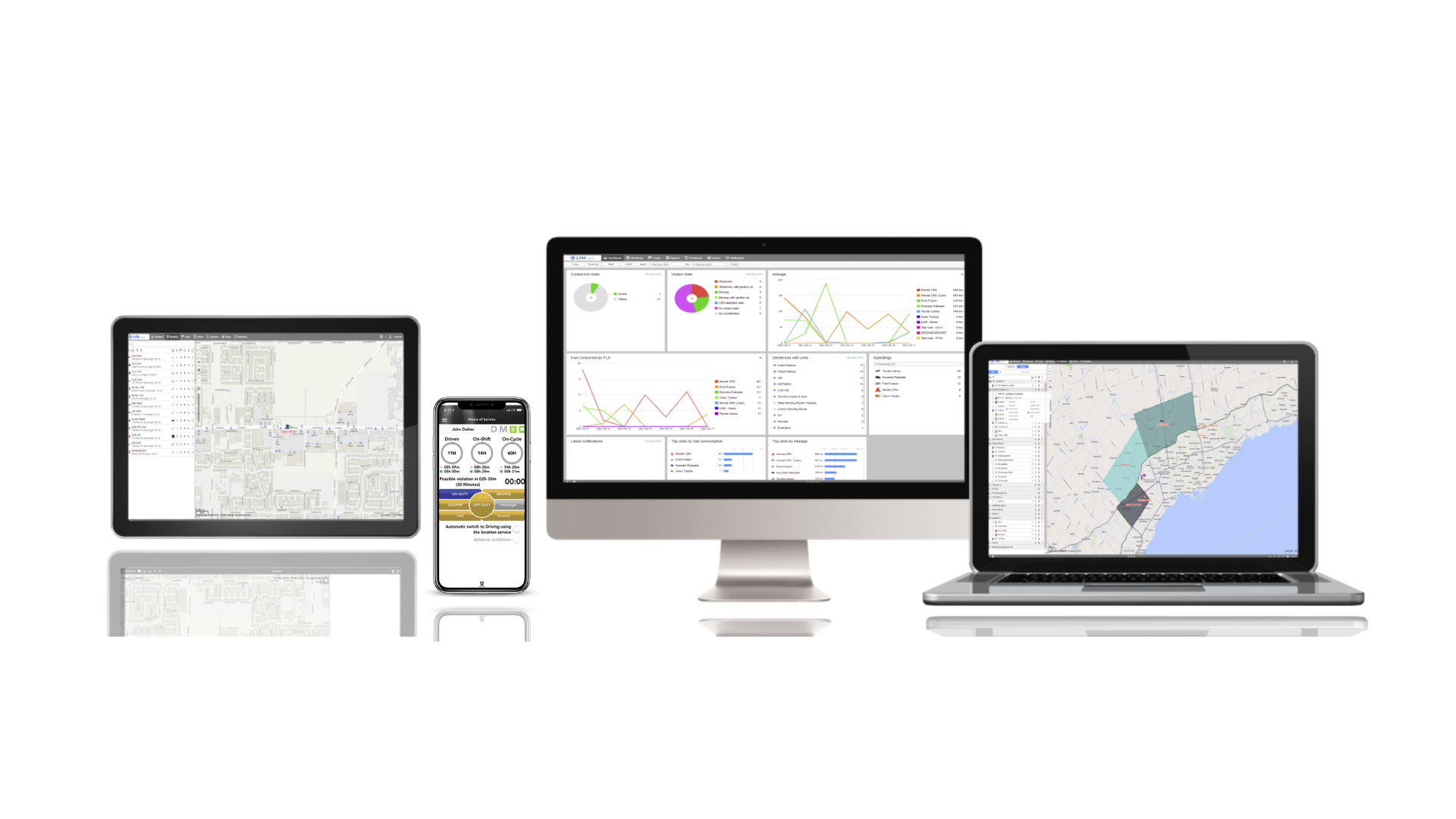The first Intergovernmental Panel on Climate Change (IPCC) assessment report on climate mitigation was released early this month and it addressed a critical warning to the world. According to the report, greenhouse gases must peak before 2025 at the latest to prevent a potential 3.2 °C rise by the end of the century.
The report also warns that “considerable fossil fuel infrastructure” will need to be abandoned to sufficiently reduce emissions, including coal assets by 2030 and oil and gas by around 2050. Countries with plans to invest in new fossil fuel infrastructure are engaging in “moral and economic madness,” U.N. Secretary General Antonio Guterres said.
Without immediate action, it is expected that our planet is headed toward the warming of 3.2°C in less than 100 years and some experts say that would be catastrophic for the planet.
Countries react to greenhouse gas emissions
The United Nations called on governments to act immediately. In response to this report, some countries released a statement regarding greenhouse gas emission reduction targets. “It is time to stop burning our planet and start investing in the abundant renewable energy all around us.” – US Secretary-General.
USA
Biden’s administration sets 2030 Greenhouse Gas Pollution Reduction that ensures the U.S. achieves a 100% clean energy economy and reaches net-zero emissions no later than 2050.
“It is time to stop burning our planet and start investing in the abundant renewable energy all around us.” – US Secretary-General.
Canada
Canada’s federal government will invest $780.9 million into medium- and heavy-duty zero-emission vehicles (ZEVs) over the next five years.
Over the next four years, $547.5 million will be invested in a new Transport Canada purchase incentive program for medium- and heavy-duty ZEVs.
Canada aims for zero-emission vehicles to account for 35% of new medium- and heavy-duty equipment sales by 2030.
How Astreon helps customers reduce their environmental impact and comply with emission regulations
Sustainable Fleet Management to lower environmental impact
Sustainability is a core value of Astreon, and our technology helps our customers, the community, and team members improve their environmental impact as we work together towards the same goal – zero emissions, reduced pollutants, and increased energy efficiencies.
Our sustainable fleet management approaches to
- Reduce Fuel Cost
With Astreon you can analyze and improve driving behavior, such as acceleration, braking, speeding, and reckless driving saving on fuel consumption. Monitoring speed limits and driving patterns to help you educate drivers and improve their driving skills is also a major contributing factor.
This results in fleet-wide average savings of at least 15% on fuel costs and an increase of 30% or more on overall fleet efficiency.
- Improve energy efficiency
Real-time performance reports of your equipment and machinery can help improve energy efficiency. Astreon provides better visibility into equipment energy efficiency to help improve the performance and reliability of equipment and machinery.
- Reduce Environmental Pollutants
Air pollution is becoming a big issue in many of the world’s major cities and heavy-duty vehicles are a major contributor.
Astreon can provide optimized routing for your fleet. Your drivers benefit from real-time traffic avoidance with our routing tools. These enhancements drastically reduce travel time, engine idling, and the release of harmful pollutants into the air.
- Eliminate Carbon emissions
GPS fleet tracking technology also can contribute to improvements in CO2 monitoring. You can track exactly which vehicle and how much a vehicle is contributing to poor air quality via collected data.
With this data and reports from Astreon, you can gain insight on vehicle utilization, carbon emissions and fuel consumption.
To learn more about how the Astreon Fleet management platform can help, visit our page here.



